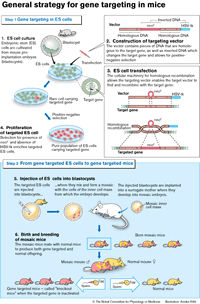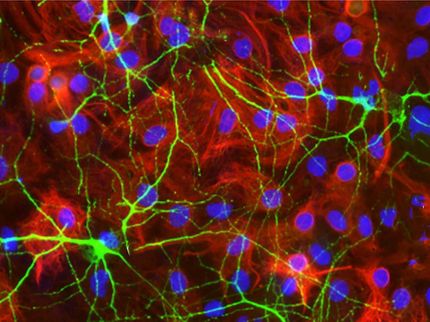University of Florida to lead national effort to help patients with rare brain disease
Even with devastating brain diseases such as Alzheimer’s and Parkinson’s, doctors can reach into their medical bags to find something to help a patient. But they come up empty-handed when they try to help the vast majority of patients with ataxia — disabling disorders that rob people of their balance and coordination.
University of Florida neurologists are trying to change that with the help of a $1 million Challenge grant from the National Institute of Neurological Disorders and Stroke to establish a nationwide network of physician-scientists with expertise in clinical ataxia research.
“A lot of times I explain to patients the symptoms of ataxia are similar to what happens when someone gets too much alcohol into their system,” says S.H. Subramony, M.D., a professor of neurology in the UF College of Medicine. “In either case there is slurred speech, inability to walk straight, falling, blurry vision — symptoms that indicate damage to a part of the brain called the cerebellum.”
Ataxia — from the Greek “a taxis,” meaning without order or coordination — can leave a patient unable to coordinate their eye blinks, let alone move. It can be hereditary or it could be brought on by strokes, tumors or other medical problems. One form, called sporadic ataxia, appears without apparent explanation in adults with no family history of the disease.
“Our first goal is to find a treatment to make patients’ lives easier,” said Tetsuo Ashizawa, M.D., chairman of the UF department of neurology and principal investigator and leader of the national effort, called the Clinical Research Consortium for Spinocerebellar Ataxias. “But the common thread ataxia shares with diseases such as Alzheimer’s, Parkinson’s, Huntington’s and ALS is that neurons are dying. By studying ataxia, we can create insight into the neurodegenerative process in all of those diseases.”
With laboratory and clinical research expertise from Ashizawa, Subramony and Michael Waters, M.D., Ph.D., director of the neurology department’s stroke program, UF will lead nine other consortium institutions, including the Johns Hopkins University and Harvard University. The institutions are strategically placed across the nation so patients who have difficulty traveling can find close and state-of-the-art health care.
The ataxia consortium is part of the NIH’s Rare Diseases Clinical Research Network, which will be awarding more than $117 million over the next five years to explore the natural history, epidemiology, diagnosis and treatment of more than 95 rare diseases.
UF researchers will be working with cell cultures, animal models and patient samples to find targets to alleviate ataxia problems. In the meantime, scientists will build a natural history database to bring this devastating disease into more precise focus.
Creating or finding a drug that would help these patients is one of the consortium’s goals. Ashizawa notes that it may be possible that deep brain stimulation surgery, a technique UF has expertise in that uses tiny electrical pulses to influence movement or moods, may be beneficial.
The first step is to identify the patients and create a nationwide registry funded by the NIH and the National Ataxia Foundation. In addition, the consortium is collaborating with ataxia groups in Europe, South America and Japan.
Most read news
Other news from the department science

Get the life science industry in your inbox
By submitting this form you agree that LUMITOS AG will send you the newsletter(s) selected above by email. Your data will not be passed on to third parties. Your data will be stored and processed in accordance with our data protection regulations. LUMITOS may contact you by email for the purpose of advertising or market and opinion surveys. You can revoke your consent at any time without giving reasons to LUMITOS AG, Ernst-Augustin-Str. 2, 12489 Berlin, Germany or by e-mail at revoke@lumitos.com with effect for the future. In addition, each email contains a link to unsubscribe from the corresponding newsletter.




















































